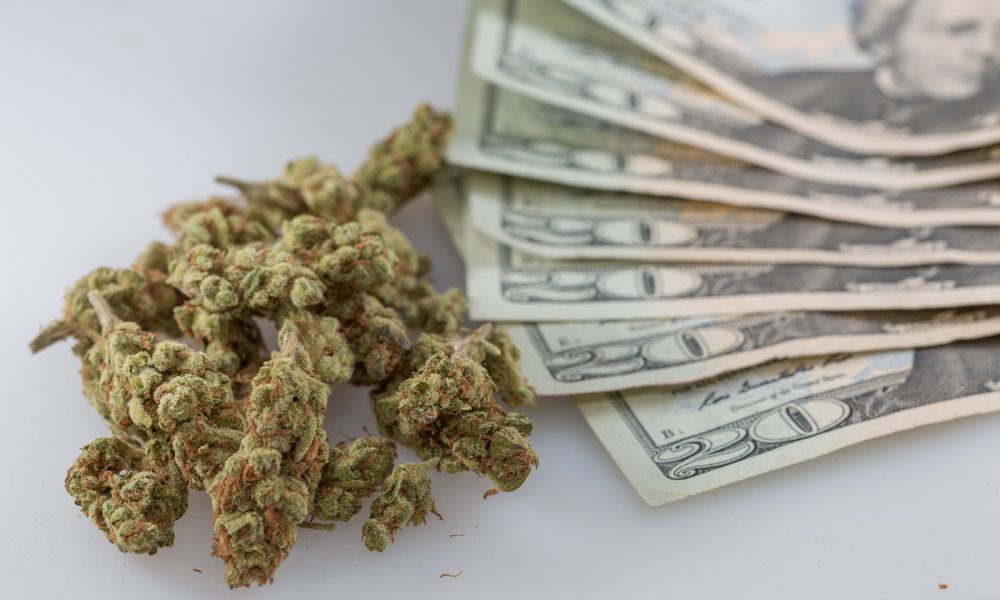A new study is linking state-level medical marijuana legalization to reduced opioid payouts to doctors—another datapoint suggesting that patients use cannabis as an alternative to prescription drugs when given legal access.
The study from researchers at the University of Florida, University of Southern California and Purdue University identified “a significant decrease in direct payments from opioid manufacturers to pain medicine physicians as an effect of [medical marijuana law] passage” and found that “physicians in states with an MML are prescribing fewer opioids.”
Researchers developed a “novel penalized synthetic control model” to analyze transaction data involving direct payments from opioid manufacturers to physicians from 2014 to 2017, seeking to determine if medical cannabis legalization had a causal impact.
The study showed evidence that the decreased opioid manufacturer payments was “due to the availability of medical marijuana as a substitute.”
Additionally, “the substitution effect is comparatively higher for female physicians and in localities with higher white, less affluent, and more working-age populations,” the researchers said.
Opioid manufacturers and physicians that prescribe opioids are part of an enormous industry, worth an estimated $13.9 billion globally in 2021 alone according to a market report published by Grand View Research. Manufacturers and physicians often form professional partnerships that are financial in nature, as described by the study’s authors.
The team of researchers points out that “opioid manufacturers use different forms of interactions to engage with physicians on a regular basis,” and “one of the most common conduits to facilitate such interactions is through direct payments to physicians from opioid manufacturers.”
The authors highlighted that financial relationships between opioid manufacturers and physicians that prescribe opioids can be multi-faceted, with direct payments coming in the form of “consulting and speaker fees, conference travel reimbursements, or meal vouchers.”
The findings of this latest study add to an ever-increasing body of evidence that more patients are choosing medical cannabis products over prescription opioids when it is a legal option.
Earlier this year, a report found that adult-use cannabis legalization at the state level was associated with “reductions in opioid demand.”
Leveraging data from Drug Enforcement Administration (DEA) tracking of prescription opioid shipments, that study found a “26 percent reduction in retail pharmacy-based codeine distribution” in legal states.
Another study recently published by the American Medical Association (AMA) found that roughly one-in-three chronic pain patients report using cannabis as a treatment option, and most of that group has used cannabis as a substitute for other pain medications, including opioids.
A separate AMA study found an association between state-level medical cannabis legalization and significant decreases in opioid prescriptions and use among certain cancer patients.
A study published in September found that giving people legal access to medical cannabis can help patients reduce or stop use of opioid painkillers without compromising their quality of life.
The same month, another study found that the pharmaceutical industry takes a serious economic hit after states legalize marijuana—with an average market loss of nearly $10 billion for drugmakers per each legalization event.
New Bipartisan Congressional Bills Would Allow Hemp Derivatives Like CBD As Dietary Supplements And Food Additives
Read the full article here

